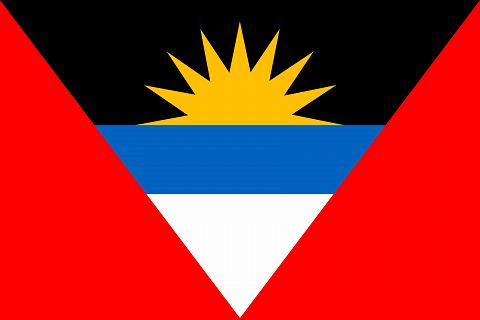The prosperous Caribbean nations of Antigua and Barbuda (land north of the island), gained independence on November 1, 1981. The region is home to a population of approximately 100,000 people and was dominated by the Bird Family from independence until 1994.
Antigua was colonized by English settlers in 1632 after a voyage led by Christopher Colombus in 1493. It was named for the Church of Santa Maria de la Antigua in Sevilla, Spain and remained a British possession despite raids from the French. The nearby island of Barbuda was also colonized by the British in 1678.
The initial colonizers were attacked by the native peoples who dominated the West Indies. Tobacco was grown at first but during the later 17th century sugar was found to be more profitable. Barbuda was intended to be a breeding colony for the enslaved people but it did not happen due to the development of their own self-reliant community.
After emancipation in 1834, the nations saw economic hardships which were further increased by an earthquake in 1843 and a hurricane in 1847. Barbuda reverted back to the British crown but relied on Antigua and became an official dependency of the island.
Under the West Indies Act 1967, Antigua became an associated state and was granted full self-governance with the United Kingdom retaining responsibility for external affairs and defense. There was an independence movement on the rise in the 1970s with influence of activist George Walter. Walter wanted full independence for the islands and opposed the British plans of creating independence with a federation of islands.
Initial talks of autonomy were complicated by Barbuda’s fear of the economy being stifled by Antigua’s succession. However, on November 1, 1981, Antigua and Barbuda achieved independence and Vere Bird became the first prime minister. Bird resigned as prime minister in 1993 and was succeeded by his son, Lester.
The political landscape of Antigua and Barbuda has remained fairly stable following its independence. Gaston Browne serves as the current prime minister of the islands and Queen Elizabeth II (with representation by a governor-general) serves as the head of state. Browne took control of the islands after the Antigua and Barbuda Labor Party regained power in June 2014.


